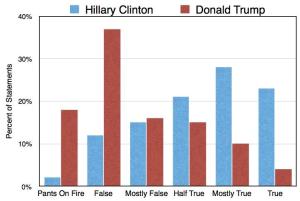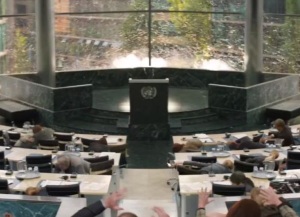I was going to write a birthday post, but most days I feel like I have profoundly screwed up my life, and I have to deal with the overwhelming sense of dread that comes with thinking about how I’ll never get a do-over. So… I wrote this instead.
2018 is bleak. I don’t really like playing the “better” or “worse” game, because human beings have done (and continue to do) some pretty atrocious things. In certain regards, our current time might be “worse” than the world I was born into 35 years ago today, but, then, Ronald Reagan was president when I was born, so worse is truly a relative term.
Your judgment of good or bad, better or worse, depends on what you value. When you’re trying to evaluate the state of the world, you’ll probably run into internal inconsistencies and conflicts about said values, especially if you do the work of asking yourself if your actions support your values.
But to be pleased with living in the US in 2018, then it seems like you would have to value the following:
- Rising gun homicides
- A rising number of hate crimes against any group that can be considered a minority
- Women dying and being injured unnecessarily during childbirth (black women disproportionately so)
- Medical bankruptcy
- Wages stagnating, while major living costs (housing, education, childcare, healthcare) increase
- Skyrocketing wealth inequality (and the UK perspective here)
- Increasing weather-related disasters, indisputably linked to climate change
- Fascism
That said, we had this coming.



